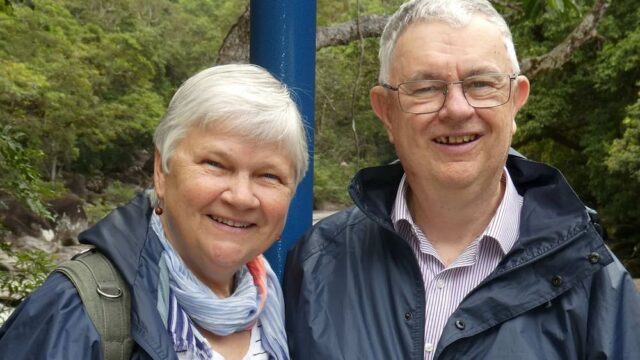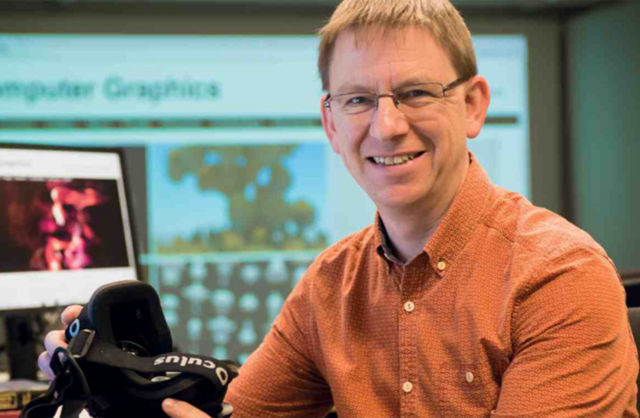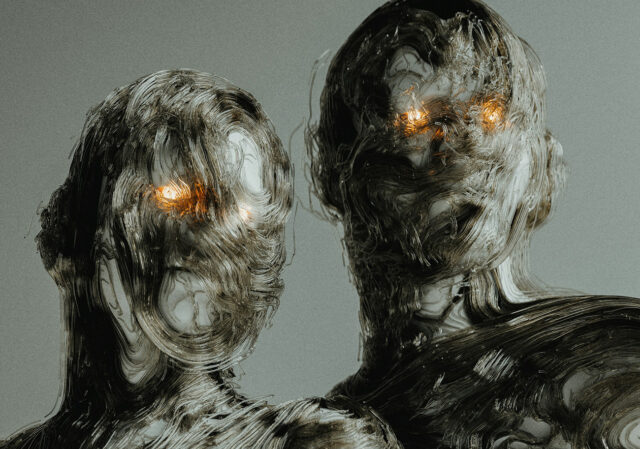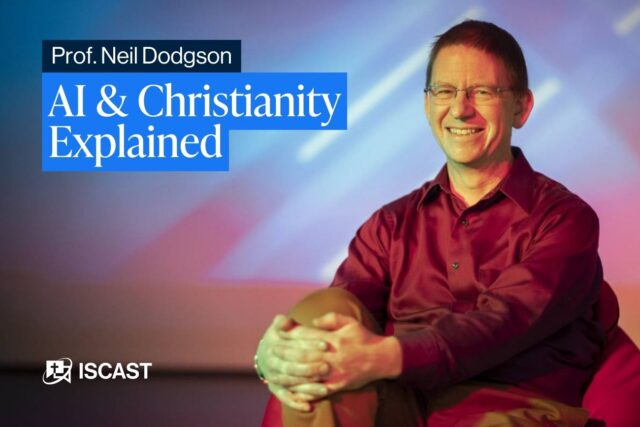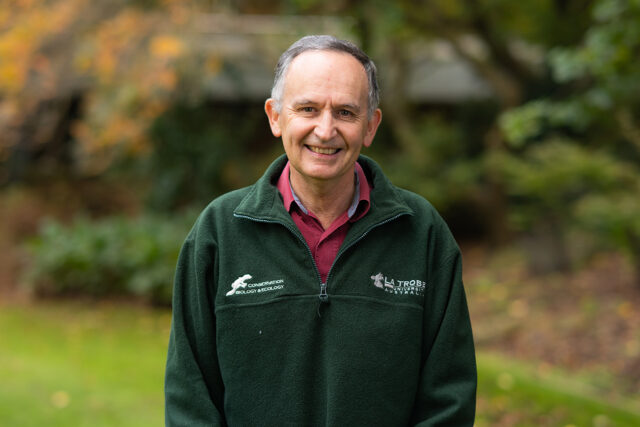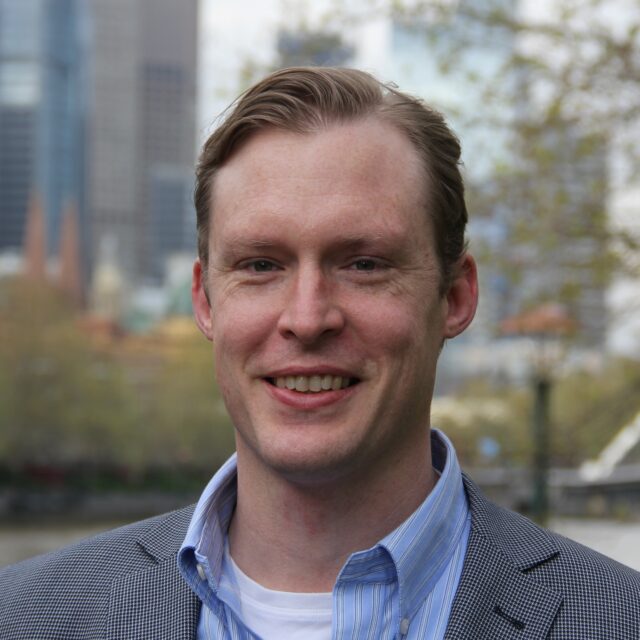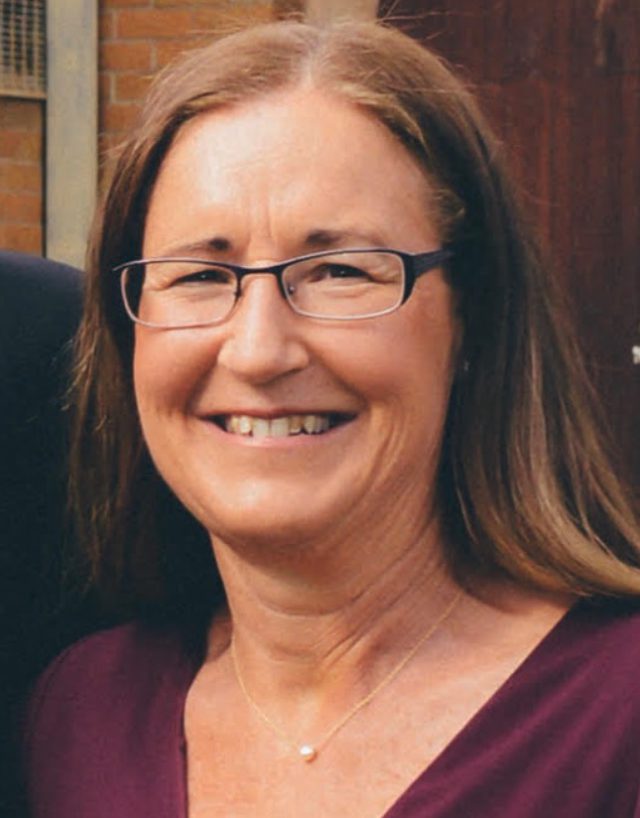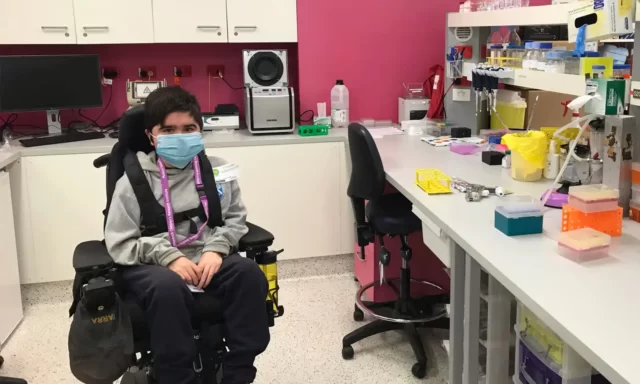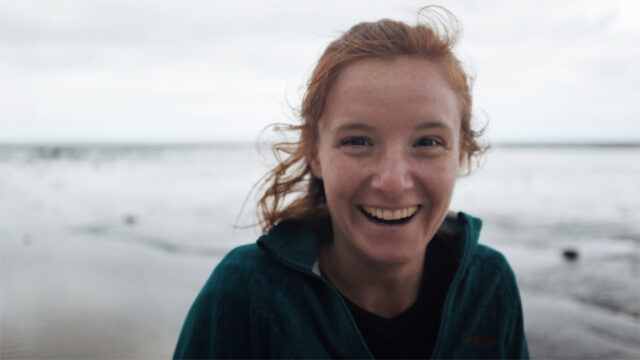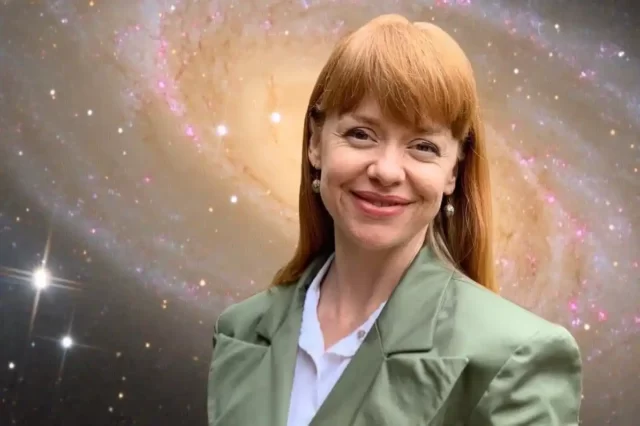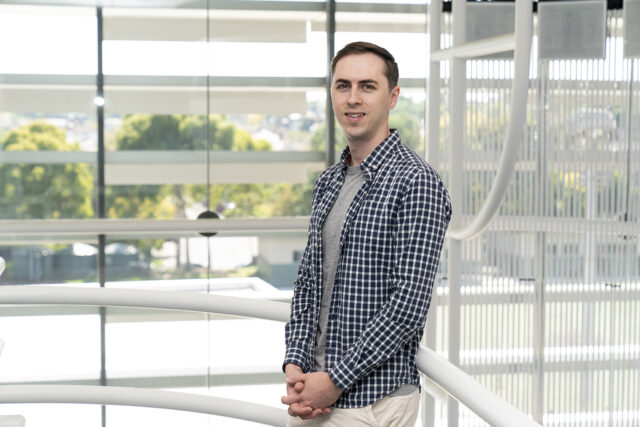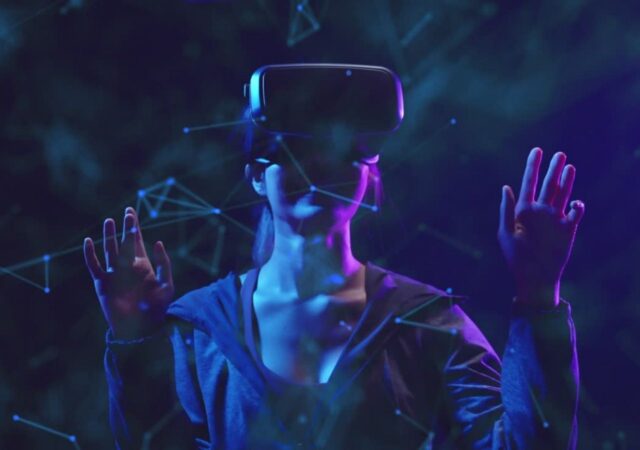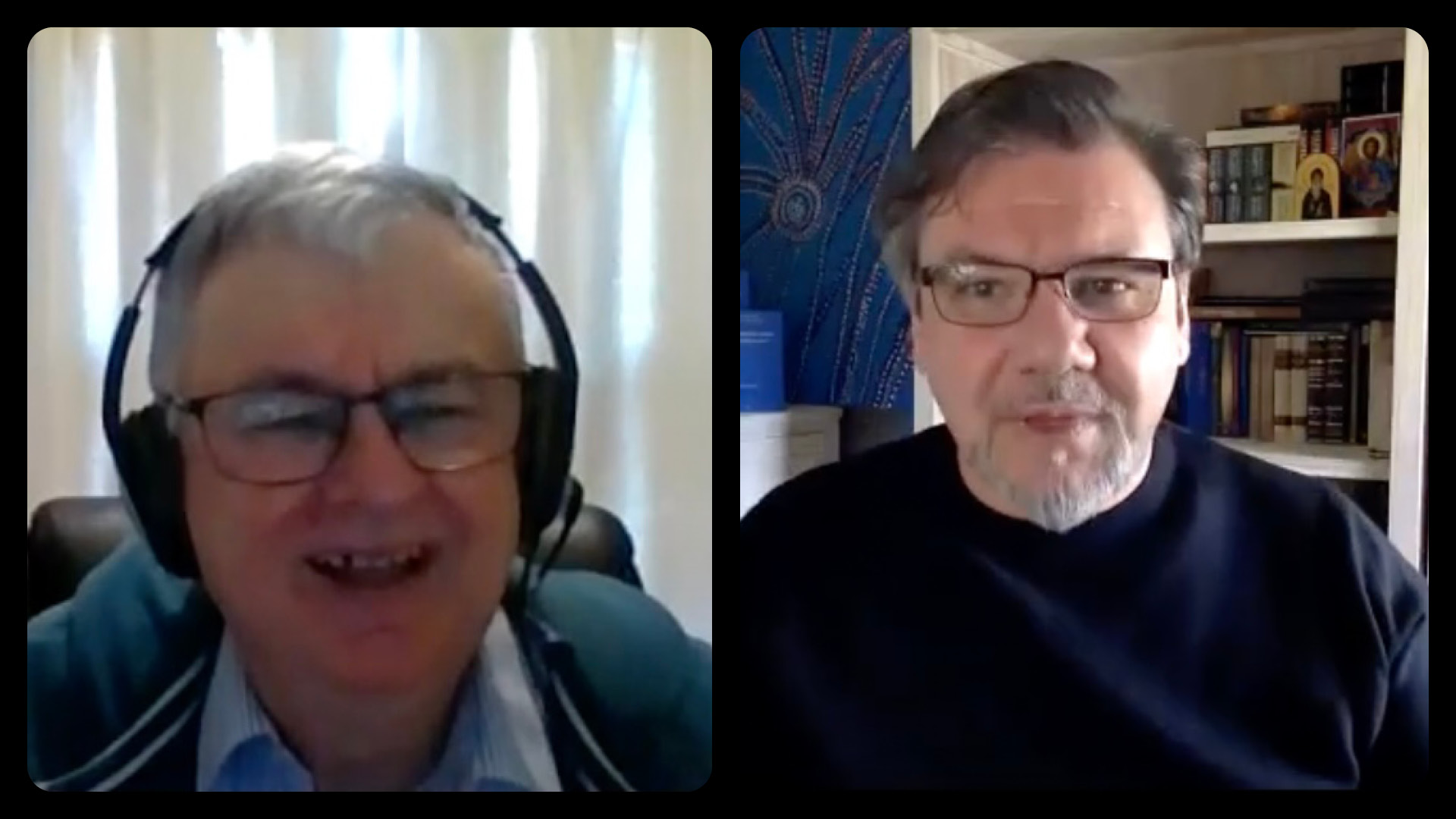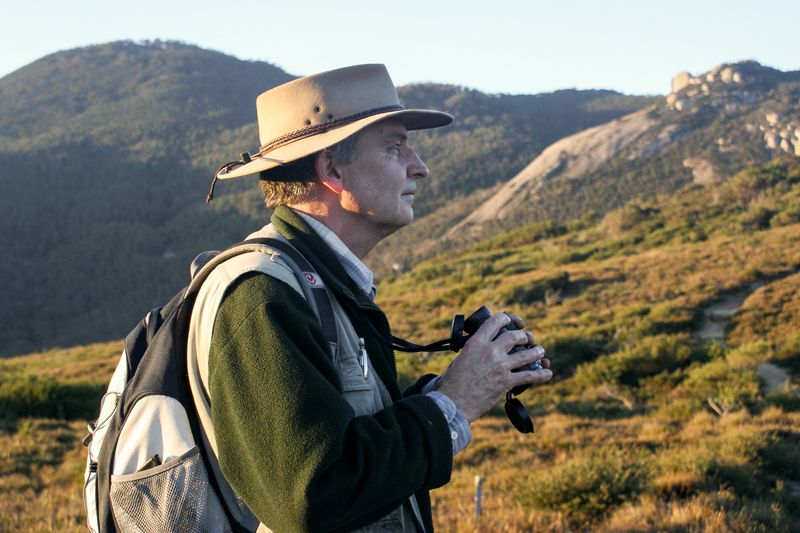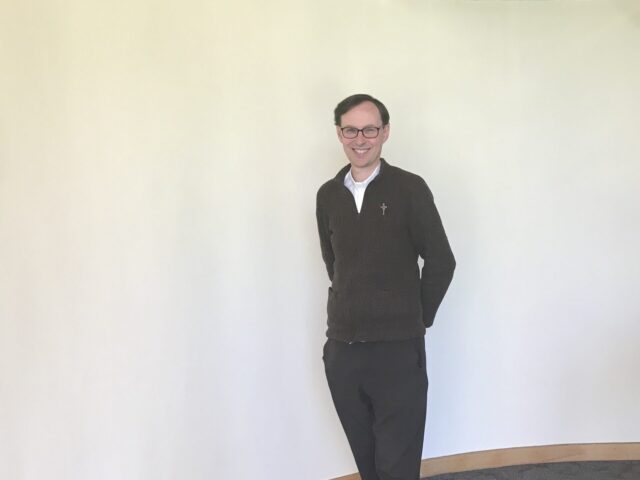
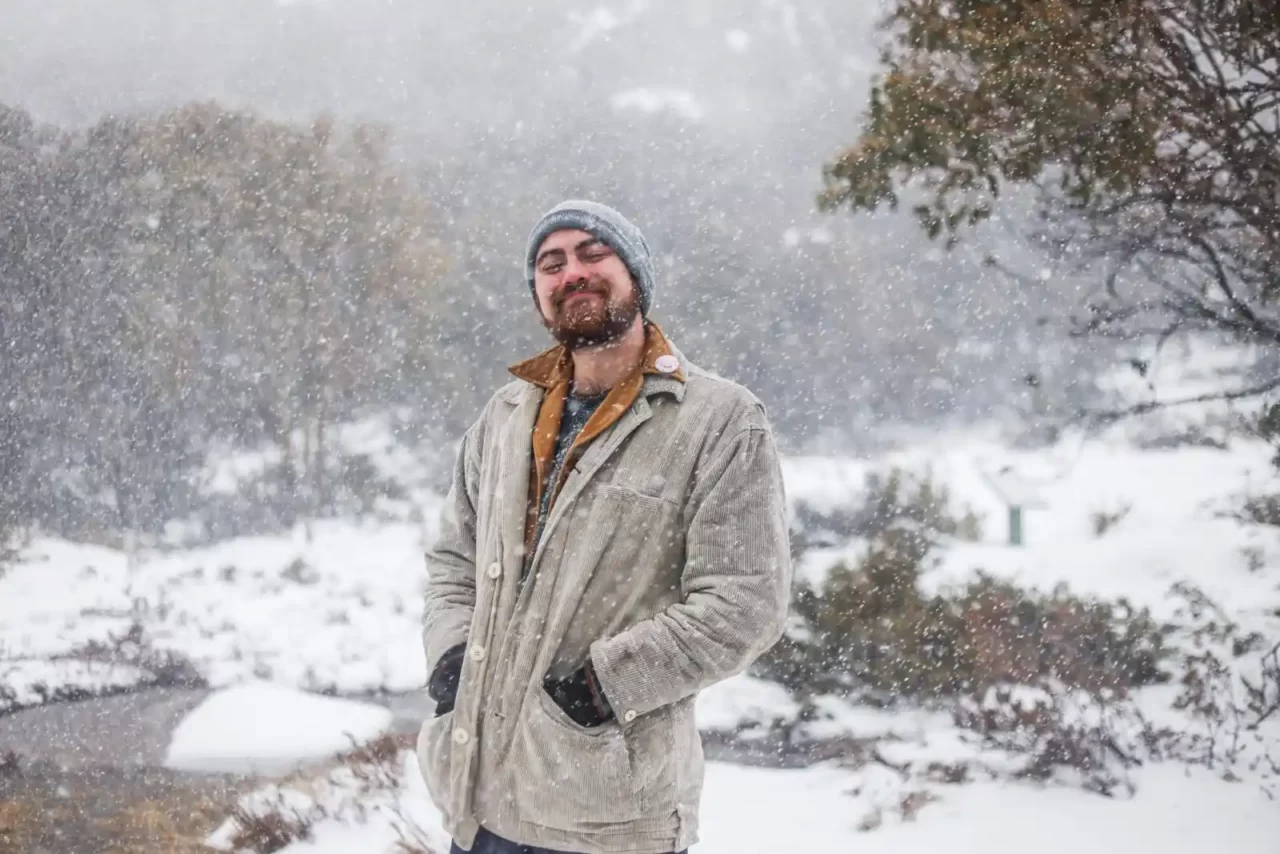
Originally published in The Melbourne Anglican.
In the last of our series on younger Christian scientists, we welcome Caleb McElrea, science communicator with science education business Mad About Science. Caleb chats to ISCAST Publications Director, David Hooker, about his journey through science and faith.
DAVID: Thanks, Caleb, for joining us. Could you tell us a bit about yourself, generally?
CALEB: I’m 26 and from Queensland, but now living in Victoria where I moved at 21 for my zoology honours year. I love nature, photography, filmmaking, philosophy, and ancient history. But I also enjoy music, theatre, performance, comedy—and science communication.
DAVID: Many interests! Could you tell us more about this journey from pure science to communicating that science?
CALEB: An early love of nature and animals was nurtured, I think, by my parent’s bushwalking club at church. But it could also be from Cadbury Yowies! I used to be obsessed with these little chocolates with a native Australian toy animal inside. Bravo to whoever came up with the idea of combining animals with chocolate endorphins!
That love of nature led me to an honours year in zoology at the University of Melbourne. But an extracurricular course in science communication, during that year opened up a new path. In that course I saw and loved the idea of the overlap of scientific thinking, creative thinking, and people. And that’s what I’m doing now.
DAVID: What were one or two challenging chapters in your journey?
CALEB: The process of figuring out what to do and getting there has been a long one, at least for me. My final goal is wildlife filmmaking, but I think it will be a 10-to-15-year pursuit to make something of a living from it. Initially studying zoology I felt like there wasn’t going to be much work available (though ecology positions have grown), and I wasn’t sure how to transition across to wildlife filmmaking. A challenge was just having the confidence to keep going and trusting that the right thing would come along.
After the science communication course in 2018 and having identified that field as something I leaned towards, 2019 was a challenging year to go into that field, relying on God’s provision. But it was a huge blessing to have a very supportive family. Nevertheless, during that year I didn’t know if I had the ability to stay in Melbourne anymore. There were many unsuccessful interviews; sometimes I was just too tired from the challenges of that year to ace the interviews. It was about learning persistence and self-talk: “Keep applying and trying, don’t assume that one failure indicates how you normally do, remember that you can do great stuff and aim for that every time.”
It was about learning persistence and self-talk: “Keep applying and trying, don’t assume that one failure indicates how you normally do, remember that you can do great stuff and aim for that every time.”
But towards the year’s end something came through! First, leading a team at Melbourne’s Science Gallery during a six-week exhibition, then, a position with Mad About Science, a science communication company for children.
DAVID: A challenging year of searching, Caleb. Going back further, how did you become a Christian?
CALEB: I’m very fortunate to have kingdom life compellingly modelled in my loving Christian family. Our church, too, is a wonderful, big, exciting community. And I went to a Christian school.
This means I grew up in a bubble! That bubble burst at uni where I’d been grappling with faith questions and listening to debates. I always had the baseline, “I’m Christian, that’s my life” but I’d wake up some mornings with the thought, “I don’t think I believe in God today. I don’t feel like that is true inside my head.” Then other days, “God’s everything.”
In relating my doubts to a close friend, he said, “Yeah, it’s good to know that stuff but you’ve gone down the wrong rabbit hole. You’re just clicking through YouTube and letting the algorithm guide your literal destiny.” Then he guided me through what he’d been listening to. That was a turning point to make me more robust in the “what” and “why” of believing. My experience here showed me that faith ought to be done in community. We’re incorporated into a family of an even higher reality than our biological one.

Picture: Caleb McElrea
DAVID: Did science somehow nurture your faith journey?
CALEB: At university I eventually realised I could fit science with faith. That symbiotic relationship increased my faith’s explanatory power for life and reality. The other integration of faith and science for me is beauty and meaning. The Christian faith frames science’s subject, the observable world, with beauty and meaning beyond what science alone can do.
I’m starting to understand the intricacies of creation. Multiple levels of intricacy, on the macro, micro, and everything in between, which is completely mind-boggling. For me then, science highlights the need to believe in God.
I’m starting to understand the intricacies of creation. Multiple levels of intricacy, on the macro, micro, and everything in between, which is completely mind-boggling. For me then, science highlights the need to believe in God.
The question then becomes: “What does science’s knowledge about the natural world say about God?” I remember sitting in the Queensland rainforest behind a curtain of falling water and thinking, “This is absolutely stunning, what does this say about the God who transcends space and time and is living within me?” The science of the natural world becomes an informant of God’s character. It’s very much like reading a book or watching a movie to understand the author or director.
DAVID: As committed Christians, we know living out our faith in the workplace can be challenging. What workplace conversations have you had about science-faith matters?
CALEB: Science Gallery Melbourne, which is fantastic for educating young people in science, is nevertheless secular. It’s an art gallery designed to spur scientific thought. As “mediator” at exhibits I’d ask people, “Do you get it?” If not, then I’d explain it, and, as a Christian, discuss further.

Picture: Caleb McElrea
I remember there was one installation having an animatronic head of a sex robot, with its question to the public: “Would you be okay with a future in which we found sexual gratification in robots or silicon-based lifeforms?” Sometimes I facilitated visitor’s debates around questions like this one, and offered my Christian views. I’ve also been able to discuss topics like young and old earth, and theistic evolution. It was a great opportunity to respond to questions gently but with truth.
I also remember ongoing conversations with a close, atheist uni friend who just loved talking religion and faith, who called me “my religious genius friend.” The compliment is gratifying, but the main point is that it feels great to be a genuine representative of Christ, a witness, to true friends who are strongly agnostic or atheists.
DAVID: Where would you like to go in your faith-science journey?
CALEB: Eventually to be a wildlife filmmaker! Wildlife filmmaking is where science, art, and my Christian faith can all merge. It’s exciting to craft a film with excellence and make it a testament to God’s wonder and presence in the world. Currently I’m working on a very exciting project with Elspeth Kernebone at The Melbourne Anglican, a documentary about quolls in the snowy river region (look out for a late 2024 release, Quolls and the Hidden Kosciusko!).
DAVID: As we finish, is there any advice or encouragement you’d like to give to our TMA readers?
CALEB: If you’re into the natural sciences, it’s encouraging to know there’s presently a good number of ecology jobs on offer. More generally, rather than expecting a dream job upon graduation, it’s fine to take positions that aren’t your dream job, and you’ll still learn lots. Setting realistic goals and timelines, having a mixture of judicious compromise and determination is a good recipe.
DAVID: Thank you so much for your time, Caleb.
